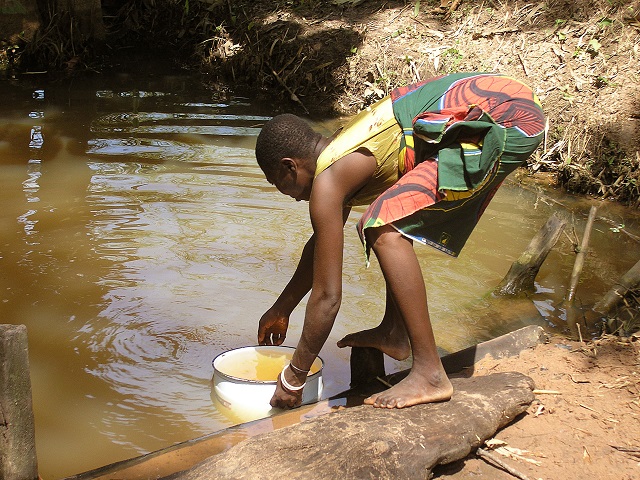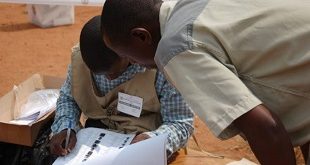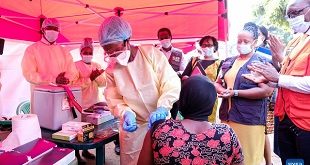
Kampala, Uganda | THE INDEPENDENT | At least 508 water sources have broken down in Nakaseke and Nakasongola districts, heightening a water crisis in one of the country’s water-stressed regions.
According to the Auditor-General Report for the financial year 2018/19, a review of the quarterly reports and interview with the District Water Engineers revealed that 255 water sources in Nakasongola and 253 in Nakaseke districts were no longer functional.
The most affected water sources include shallow wells with pumps and deep boreholes, some of which had outlived their life span, while others required major rehabilitation. However, the district’s budget is inadequate to cover water infrastructure maintenance.
Nakasongola district chairperson Sam Kigula says that some water sources dried up due to the nature of soils in the area. He adds that today, residents are forced to walk long distances to fetch water from lakes. The most affected sub-counties are Lwabiyata, Nabiswera, Kalungi and Nakitoma among others.
In Lwabiyata sub-county, a 20-litre jerrycan of water costs between 200-700 Shillings from a water truck. In Nalukonge trading centre, residents say that they sometimes go without meals over lack of water.
Area Member of Parliament Wilson Muruuli Mukasa says that the problem is being addressed through expansion of piped water. Mukasa says the water will be pumped from Lake Kyoga to Sungira hill and later distributed to Nakasongola among other nearby districts.
In Nakaseke, the district secretary for Works Benjamin Makanga says that they are constructing other deep boreholes in affected areas to minimize water shortage.
According to Auditor General’s report, a survey of 29 out of 134 districts revealed that 3,816 out of 17,630 water sources were non-functional. The analysis ranked Hoima district as the worst affected with overall non-functional facilities at 43.2 percent while the best performing districts listed as Iganga and Amuria with an average functional rate of 97 percent.
The Auditor-General John Muwanga advised the districts to ensure that strategies are laid to ensure the functionality of the water facilities.
Muwanga noted that lack of functional water facilities makes water access to some of the communities a challenge which is against the millennium goals of free and easy access to water for all.
*****
URN
 The Independent Uganda: You get the Truth we Pay the Price
The Independent Uganda: You get the Truth we Pay the Price



